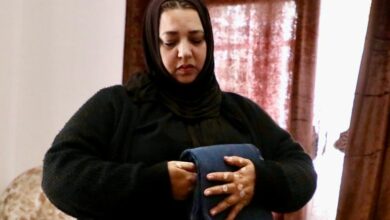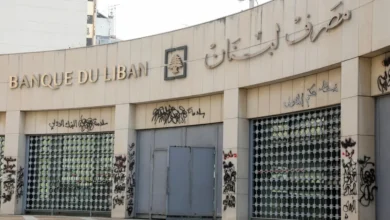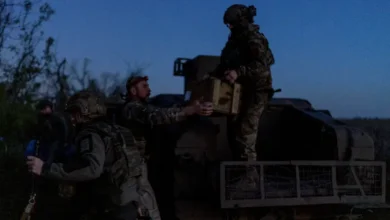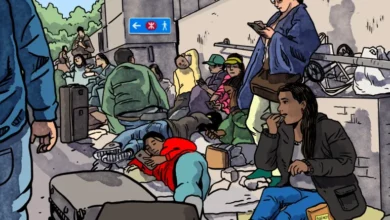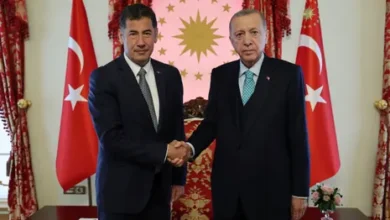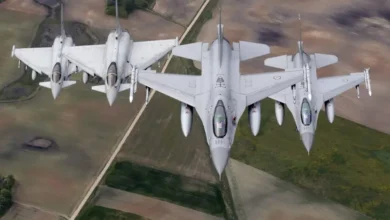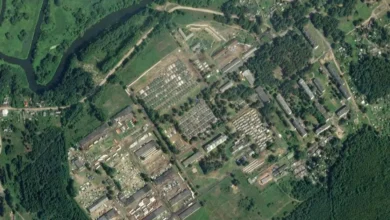WFP temporarily halts food aid in parts of Sudan as fighting spreads
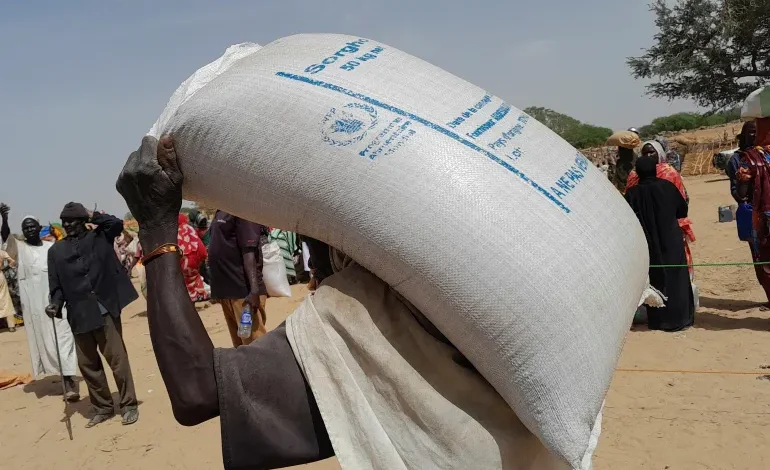
The United Nations food agency has temporarily suspended food assistance in some parts of Sudan’s al-Jazirah state where it was supporting more than 800,000 people, as fighting spreads south and east of the country’s capital, Khartoum.
About 300,000 people have fled the previously peaceful state in a matter of days, since clashes erupted last week, the World Food Programme (WFP) said on Wednesday.
This includes thousands of displaced people who have left Wad Madani, Sudan’s second-largest city and the capital of al-Jazirah state, in recent days as paramilitary Rapid Support Forces (RSF) advanced.
“A place of refuge has now become a battleground in a war that has already taken a horrific toll on civilians,” said Eddie Rowe, WFP representative and country director in Sudan, where the national army and RSF have been locked in conflict since April.
Earlier this week, humanitarians reported that all fieldwork within al-Jazirah state had been put on hold until further notice due to the security situation.
WFP staff had been regularly providing aid to more than 800,000 people in the state, including many who had escaped the fighting in Khartoum.
WFP said the decision was taken on safety grounds. But it described it as a “major setback” to humanitarian efforts in the country’s breadbasket.
“We already lost our homes in Khartoum and watched as our lives were destroyed before our eyes. Now we are forced to flee yet again, leaving behind what little we had left,” said Karim Abdelmoneim, WFP’s emergency coordinator for al-Jazirah state.
“Hundreds of thousands are fleeing on foot, with nowhere to go. We are so worried about those who already lived through the horrors in Khartoum, and now find themselves trapped in Wad Madani with no way out.”
On Wednesday, UN rights chief Volker Turk said: “I am very alarmed by recurring reports of widespread abuses and violations of human rights in recent days amid fighting between the Sudan Armed Forces and the Rapid Support Forces in Wad Madani.”
The UN high commissioner for human rights also voiced concern over the “dire” humanitarian situation in the wider al-Jazirah state.
WFP said if the conflict spills over into Sudan’s grain-producing region, it would have dramatic consequences on agricultural production and food availability in the coming months.
“Sudan’s breadbasket must remain for what it was intended – farming, not fighting. Otherwise, we may see an even more catastrophic hunger crisis as the lean season gets underway in May 2024,” Rowe warned.
Nearly 18 million people in Sudan are acutely food insecure during the ongoing harvest season, a time when food is typically more available, WFP said.
